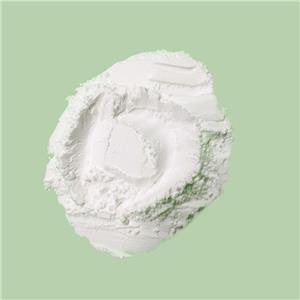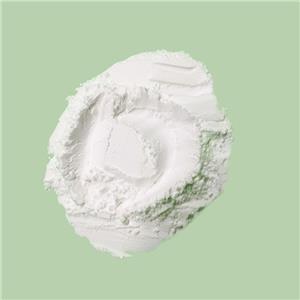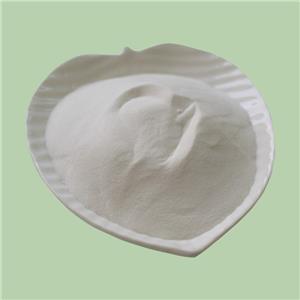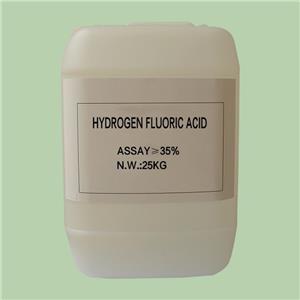Potassium Fluotitanate in the Metal Industry: A Catalyst for Advancements
In the intricate world of metallurgy, one compound stands out as an unsung hero: potassium fluotitanate (K2TiF6). While the name might sound complex, its significance in the metal industry is undeniable. This article delves into the multifaceted and pivotal applications of potassium fluotitanate, which elevates the sheen, purity, and strength of metals.
Aluminum Refinement
When you sip from an aluminum soda can or admire the gleaming body of an aircraft, you're basking in the glow of this remarkable metal. Potassium fluotitanate plays a pivotal role in the aluminum industry, where aluminum is predominantly extracted from bauxite ore. The extraction process, involving elevated temperatures and intricate chemistry, hinges on our unsung hero.

Potassium fluotitanate acts as a flux, effectively lowering the melting point of aluminum oxide. This reduction in energy requirements not only streamlines the extraction process but also enhances its economic viability. So, the next time you enjoy your aluminum delights, take a moment to appreciate the contribution of potassium fluotitanate.
Mastering Metal Finishing
Have you ever wondered how your jewelry, car components, or kitchen appliances attain their lustrous finish? The answer lies in the world of metal finishing, with potassium fluotitanate taking center stage in the process.

During metal finishing, the removal of oxides and impurities from metal surfaces is paramount for ensuring a uniform coating. As a flux, potassium fluotitanate steps in to eliminate these undesired elements, ensuring metal surfaces are pristine and ready for the final flourish. It's akin to offering metals a rejuvenating spa experience before they are dressed to impress!
The Alchemy of Glass and Ceramics
The production of glass and ceramics necessitates high temperatures for melting and shaping materials, but maintaining the desired consistency and viscosity can be a challenge. Enter potassium fluotitanate, the guardian of this delicate alchemy.
In the realm of glass and ceramics, potassium fluotitanate serves as a flux, ensuring that materials melt at the precise temperature and maintain the requisite texture. This enables artisans and manufacturers to craft both exquisite ornaments and sturdy tableware, harmonizing the realms of artistry and functionality.
Electroplating Elegance
Electroplating is a process that bestows a thin layer of metal onto a variety of objects, offering protection, enhancing aesthetics, or augmenting conductivity. Potassium fluotitanate plays a pivotal role in this process by elevating the quality and uniformity of the deposited metal layers.
When integrated into electroplating solutions, potassium fluotitanate exerts its influence by overseeing the deposition process, ensuring a consistent and seamless coating. Whether it's the resplendent chrome adorning your car's bumpers or the gilded accents on your jewelry, you owe a debt of gratitude to potassium fluotitanate for the resplendent finish.

Chemistry's Valued Companion
Beyond these industrial applications, potassium fluotitanate finds its niche in the realm of chemical reactions. It becomes instrumental in the synthesis of diverse titanium and fluorine compounds, harnessing its unique attributes to usher in the creation of novel substances for various applications.
Potassium fluotitanate, with its intricate nomenclature and unparalleled properties, stands as a cornerstone in the alchemical playbook of the metal industry. It simplifies aluminum extraction, enriches metal finishing, aids in the production of glass and ceramics, and elevates the art of electroplating. Its adaptability and dependability secure its special place in the annals of metallurgy. The next time you marvel at the sheen of a metal object or sip from an aluminum can, take a moment to acknowledge the unsung hero, potassium fluotitanate, that made it all possible.
- Fluoride Salt
- Ammonium Fluoride
- Sodium Fluoride
- Potassium Fluoride
- Sodium Hydrogenfluoride
- Potassium Bifluoride
- Magnesium Fluoride
- Aluminium Fluoride
- Barium Fluoride
- Lithium Fluoride
- Strontium Fluoride
- Nickel Fluoride
- Zinc Fluoride




